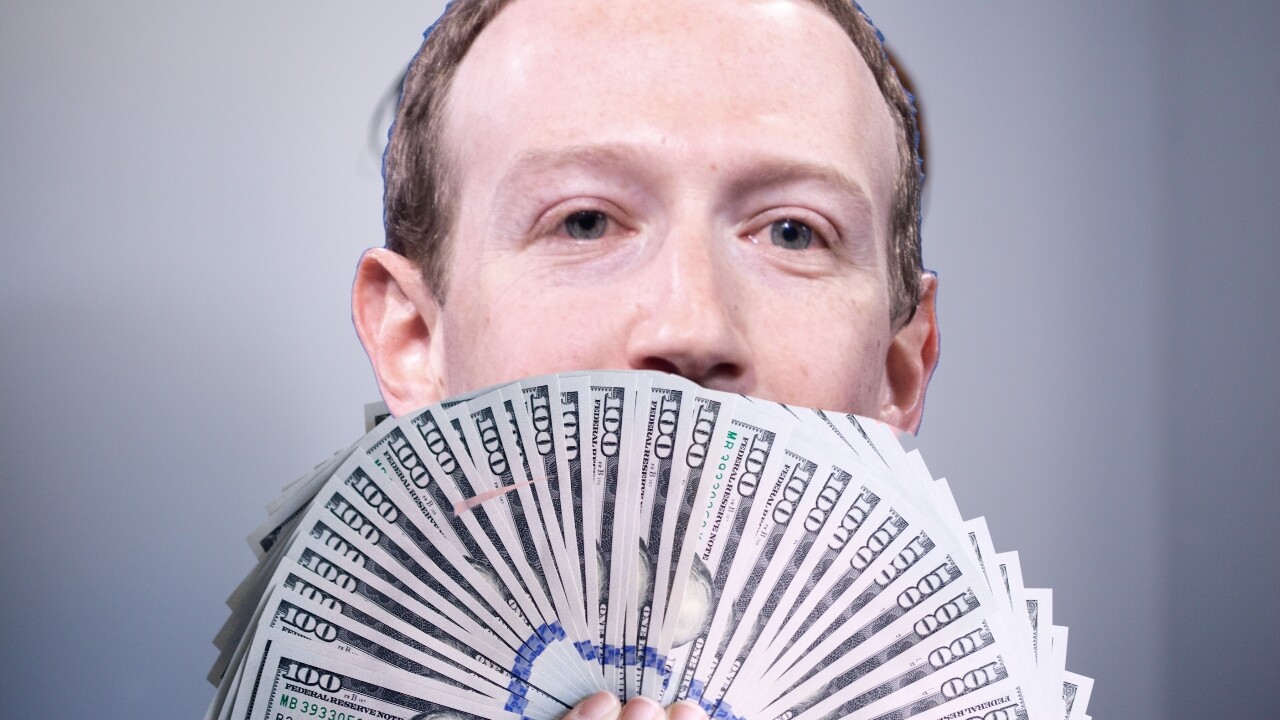Facebook is using one of its most engaging places on the site to spread positive stories about the company: the News Feed.
That’s right. Over the past couple of months, the social network has amplified — under the fitting name of Project Amplify — stories written by the firm to bolster its image.
According to a report from the New York Times, after a meeting in January, Facebook took multiple steps to make the company look good. These included distancing Mark Zuckerberg from controversies, increasing its own ads, and reducing access to internal data for outsiders.
Wholesome CEO
Let’s start with the obvious. Keeping Zuck away from scandals means that he can go around embodying the idea of a wholesome tech CEO. The company pushed executives like COO Sheryl Sandberg and VP of integrity Guy Rosen to issue statements on topics such as the US Capitol riots and handling COVID-19 misinformation.
Instead of addressing election and policy issues as he did during and after the 2016 and 2020 Presidential elections, Zuckerberg pivoted towards talking about building ‘innovative’ products, such as the metaverse.

The CrowdTangle controversy
Facebook also started to limit the data available to journalists and researchers through its analytics tool, CrowdTangle. An NYT report published in April suggested that the company restructured the team behind the tool and opted for the strategy of ‘selective disclosure.’ That meant holding back from revealing all the insights into the top-performing posts across Facebook for selected topics.
The company’s chief marketing officer, Alex Schultz, also floated the idea of the social network publishing its own report for top links across the site for the first three months of 2021. However, after finding out that one of them was about a doctor dying after receiving the COVID-19 vaccine, the company refrained from releasing the report, worrying that it might promote vaccine hesitancy.
Restricting researchers
Last month, the firm removed NYU researchers from Facebook stating that their experiment of monitoring user activity (with consent) can harm user privacy. Researchers claimed that the access was cut because studies uncovered discoveries, such as a swath of misleading political ads on the platform during the 2020 Presidential elections.
Self-promotion with ads and posts
Facebook also drummed up ads on its platform during the Olympics to talk up its role in helping to create and maintain communities online.
Last week, the company also announced a new technique to battle trolls that adapt from its bot removal methods.
However, this followed a damning series of stories based produced by the Wall Street Journal, based on internal documents it had acquired. These reports point towards Facebook’s ignorance towards making Instagram a safe place for teens, its neglect towards employee reports flagging active pages of drug cartels and traffickers in developed countries, and its failed efforts to make the social network a less toxic place.
Facebook has a lot of skeletons in its closet. Its strategy of pushing positive stories about the company may prove to be somewhat effective — but only in the short term.
Get the TNW newsletter
Get the most important tech news in your inbox each week.





